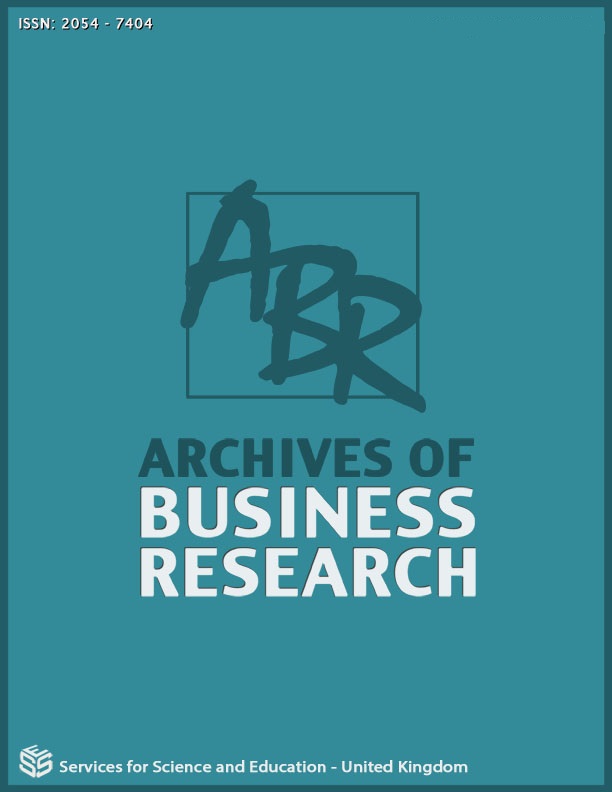Assessment of a Counterintuitive Trading Strategy Based on Market Microstructure
DOI:
https://doi.org/10.14738/abr.1212.18017Keywords:
behavioral finance, day trading, investor incentives, stock market researchAbstract
In general, day trading has little support from empirical research and a justified reputation of being dangerously unsound. It often relies on positive price momentum, regardless of the underlying value of the stock. Here, we assess multiple versions of a protocolized day trading strategy that relies on overreaction to bad corporate news, as reflected in premarket prices. Relevant stocks are purchased at the open, when there is an imbalance between buy and sell orders, and held for no longer than a single trading day. The companies in question constitute a basket of deplorables, and the trading strategies rely on mean regression rather than momentum, and also benefit from high levels of inter-day price volatility as the process of price discovery proceeds. Observed returns were positive for all versions of the strategy. Conceptual support is provided by the notion that active money managers have individual incentives to immediately rush toward the door, and those incentives should continue into the future. In conclusion, we have described an unusual and counterintuitive strategy that relies on a conceptually plausible, yet rare and fleeting market inefficiency. It is based on the microstructure of the stock market.
Downloads
Published
How to Cite
Issue
Section
License
Copyright (c) 2024 Greg Samsa

This work is licensed under a Creative Commons Attribution 4.0 International License.






